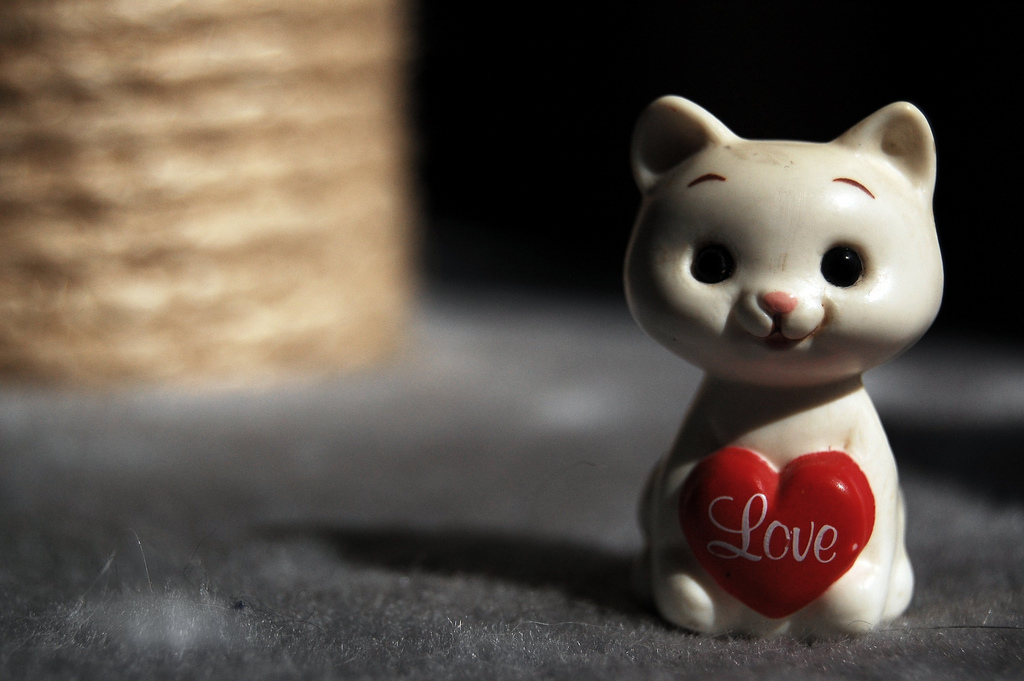Shakespeare compared his love to a summer’s day, and when old words lost their luster, he crafted new ones to honour love.
Browning counted the ways she loved thee, with language and capitalization that only Victorian poets can get away with.
So what’s left for me? I can’t say the moon pales before your beauty, or tell you how I carry your heart with me; these things have all been said. I could say that love is to know you, and hope you’re not well read; but I do know you, and I think you were with me when I saw that play. I could whisper that I love you like the red red rose, but I can’t remember how that poem goes, and anyway, you love Robbie.
Every way to speak of love has already been spoken, don’t you see? If I could, I would write new words out of you, and offer them up on an altar (how unoriginal, I know!) of my love.
The moment of silence before you laugh would have its own etymology.
Children in classes could conjugate the way you smile with just your eyes, when you watch me from across the room.
I would make a word that meant how my skin tingles in that precious moment right after you have kissed me.
The sharp intake of breath before you gasp would be its own phoneme.
If it was in my power I could hear the syntax of the slippery way you slide into bed and press your too cold toes to the hollow of my knees.
Tell me how to speak those words, and I would write you a poem that all the world could read, and know my love for you.
Image courtesy of Hayley Mechelle Bouchard. Her work can be found at Little Cat Photography, and on Our Contributors page.
